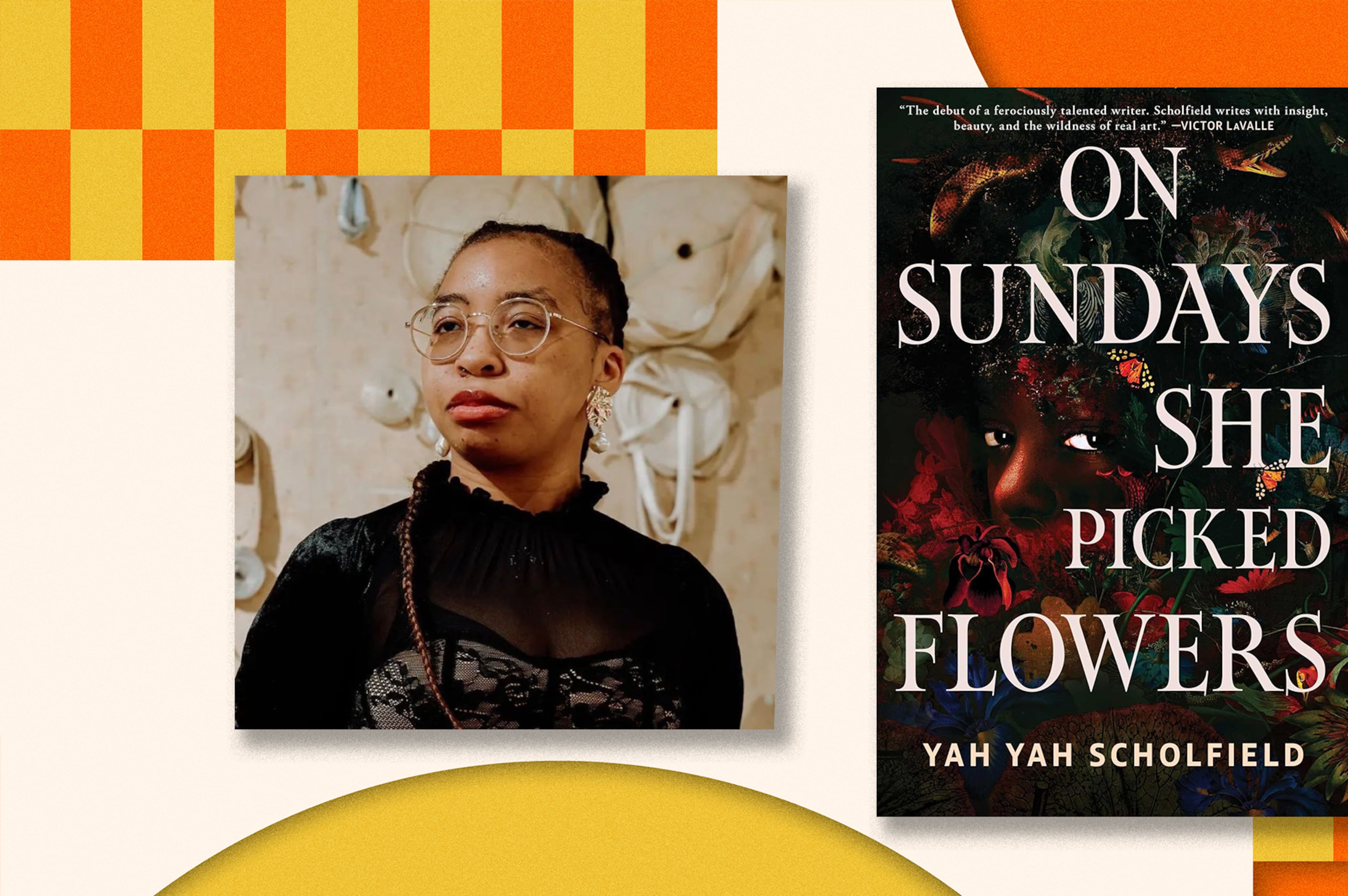Truth and fiction blend in latest account of a literary marriage gone bad

Hannah Pittard is a novelist and creative writing professor at the University of Kentucky who advises her students to “tell the truth but make it up.” That approach has served her well, both in her fiction and her 2023 memoir “We Are Too Many” — a speculative exposé told in conversation that interrogates how an affair between her husband and best friend led to the disillusionment of her marriage.
Perhaps Pittard’s ex-husband and fellow creative-writing professor Andrew Ewell used the same philosophy to craft his 2024 debut novel. Published as fiction but received by critics as autofiction, “Set for Life” tells the tale of an unnamed professor who has an affair with his author wife’s best friend — and they both aim to publish books about the fallout.
“If You Love It, Let It Kill You” is the third installment in this saga that swirls deeper down the metafictional rabbit hole of writers writing about writing — or in this case, writers writing about what other writers are writing about. Pittard satirically states after the epigraph that “what follows is pure fantasy.” The author then introduces a central character named Hana who is upset her ex-husband has written a book in which the ex-wife is killed.
New York Magazine’s entertainment site Vulture sank its claws into the unfolding melodrama last summer with a piece that ran a fine-toothed comb through the controversy. Chris Heath’s article “Four Friends, Two Marriages, One Affair — and a Shelf of Books Dissecting It” compares the published versions of this saga with the real-life story. The parallels leave the reader staring down a hallway of self-referential mirrors that will seemingly never end — especially when Heath throws into the mix a short story Ewell published in JuxtaProse Magazine in summer 2019.
In Ewell’s “Halloween,” the ex-wife character is a professor named Angela who is killed. In Pittard’s “If You Love It, Let It Kill You,” Hana is triggered upon learning the protagonist in her ex-husband’s book (also named Angela) is “knifed by a homeless man.” As she meanders from teaching creative-writing seminars at a university in Kentucky to tangling with a vivacious cast of offbeat family members, Hana’s grasp on her mental health starts to unravel.

While knowledge of Pittard and Ewell’s backstory adds a titillating element to this tale, to focus solely on the “he said, she said” aspect of this saga is to pay a disservice to the actual work Pittard has produced. Through a thick haze of generational ennui and aching self-reflection, “If You Love It, Let It Kill You” demonstrates that it doesn’t matter what Pittard is writing about — she is mighty skilled at drilling to the heart of uncomfortable emotions.
The novel opens with a conversation between Hana and her friend Jane, a fellow professor who takes on the role of Hana’s conscience. Jane is one of a few figures Hana uses to measure her normalcy, or lack thereof, as she grapples with living a conventional life while fantasizing about unconventional things.
Hana struggles with the concept of family and claims she wants nothing to do with it. She lives with her boyfriend Bruce and his 11-year-old daughter (who also exists in both the real and fictionalized versions of this story). Wanting to keep her relationship with Bruce “weird,” Hana won’t marry him. And she is miffed that her ex had the nerve to proceed with her character’s nuptials in his narrative.
Shunning the role of stepmother, Hana’s goal is to “exist merely as the eccentric childless girlfriend who happened to own 50% of a house with the child’s father.” Bruce’s daughter, however, is fond of her dad’s partner and views Hana as “basically my mom.”
Compounding the conflict is the proximity of her other family members who have followed Hana to Lexington. Hana’s sister lives across the street with her small children, and her assimilation into domesticity irritates Hana.
Hana’s divorced parents each live a mile away — in opposite directions — and are the original source of her melancholy. Despite delivering an abundance of comic relief, Mom and Dad remain a pervasive cause of her present-day dissatisfaction. Hana revisits her childhood throughout the narrative as her despair grows, prompting her to sum up her formative years as being “raised in the ’80s by a pack of rabid wolves.”
As unhappy people often do, Hana distracts herself from her pain by borrowing trouble. One disturbing plotline involves an injured cat who is trapped in her garage. Hana simultaneously refuses to return the cat to its owner while failing to procure medical treatment for its injuries.
Hana and the cat delve into some fascinating “conversations” about the chaos rippling through her life. But the lack of empathy Hana shows a sentient creature contradicts her claim to be “a savior of animals of all kind.” Ultimately, the cat storyline reinforces one of Pittard’s overarching themes: Humans are selfish and will usually disappoint.
As in the previous installments of this saga, infidelity is under scrutiny. This time, Pittard puts her own character on blast as she revisits Hana’s frustrating entanglements with men past and present. When she drops a scintillating bomb about her marriage, readers are left with plenty to speculate about concerning the truth buried in her autofiction.
Bestselling author and memoirist Anne Lamott famously said, “If people wanted you to write more warmly about them, they should have behaved better.” Hannah Pittard ran with that sentiment in “If You Love It, Let It Kill You” and no one is safe, including herself. That honesty is what makes this raw and self-referential story such an engrossing read.
An earlier version of this review mistakenly attributed details from Andrew Ewell’s short story “Halloween” to his novel “Set For Life.”
FICTION
“If You Love It, Let It Kill You”
by Hannah Pittard
Henry Holt
224 pages, $28.99


